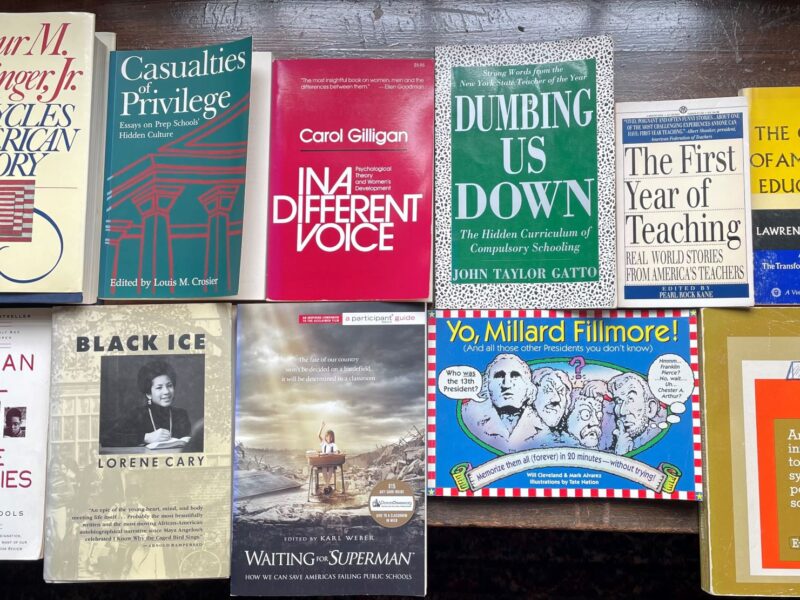This week I found myself on a list-serv consisting of educators and concerned citizens who have been sharing feelings, thoughts, and ideas in the aftermath of the tragic suicide of Phoebe Prince, the Massachusetts teenager who hanged herself in her own home after enduring months of bullying at the hands of schoolmates at S. Hadley High School. I shared the following yesterday:
Thanks for including me on these e-mails and for your kind words about our work at Hyde.
Over 20 years ago we lost a Hyde student whose heart gave out suddenly during a pick-up basketball game. Our community was devastated and we established a holiday tournament in his memory that remains a high point of each school year. Each year we reminisce about this young man. This year I told the student body, “It might well be vanity, but I have to admit that I hope that some of you will one day see fit to attend my funeral. However, I don’t want to go to any of your funerals.”
After 35+ years of working with kids and families, I sometimes claim that I have immunity from astonishment. That’s not true. The loss of any student is always a major jolt, a sensory overload that leaves an emotional scar lasting forever. However, the loss of a student by his or her own hand is immediately unbearable, taking on a feeling that can only be called sickening. As educators, we become obsessed with finding some way to ensure that kids like Phoebe Prince do not die in vain.
And yet, our schools remain paralyzed, focused on objectives that are not only unsound; they actually fuel many of the problems we profess to want to solve. Our dynamic reminds me of an old “I Love Lucy” episode. When Ricky comes home to find Lucy on hands and knees looking for a lost earring on the living room floor, he asks, “Did you lose it here in the living room?” Lucy replies, “No, I lost it in the bedroom, but the light is so much better here.”
That scene reminds me of what we’re doing with our kids in our schools. We care more about what they can do than about who they are. And they know it. They know that we’re totally focused on improving their test scores. On some level they might sense that we’d also like them to develop their character, but they know it’s really only the “Suggested Reading” section of the syllabus. Parents might blame the schools, but we are fully complicit in the problem as are the colleges with their steadfast admissions requirements. Never kid a kid. Regardless of whether they can figure out the quadratic equation we want them to solve, they will never misread our true expectations of them. They simply establish their priorities in accordance with ours.
Just as no amount of tinkering was going to save the horse-and-buggy from the advent of the automobile, the schools of today are not going to get us where we want to go. We need to retool, overhaul, or better yet, flat-out junk what we’ve got and begin anew with fresh priorities:
– attitude over aptitude,
– effort over ability,
– character over talent.
At Hyde, we strive to honor these priorities one school at a time, knowing that it’s too slow. We look to partner with others – schools, parents, communities – who want to trigger a national discussion that will transform schools into the inspirational beacons they absolutely must be for kids like Phoebe, those in S. Hadley, and millions of others across the country. We owe it to them. We owe it to us.
LINKS OF INTEREST:
- Regarding Teen Violence, the Wake-up Call is Not for Teens
- Bullying–There is a Solution
- Peer Support Can Prevent Bullying
Onward, Malcolm Gauld


